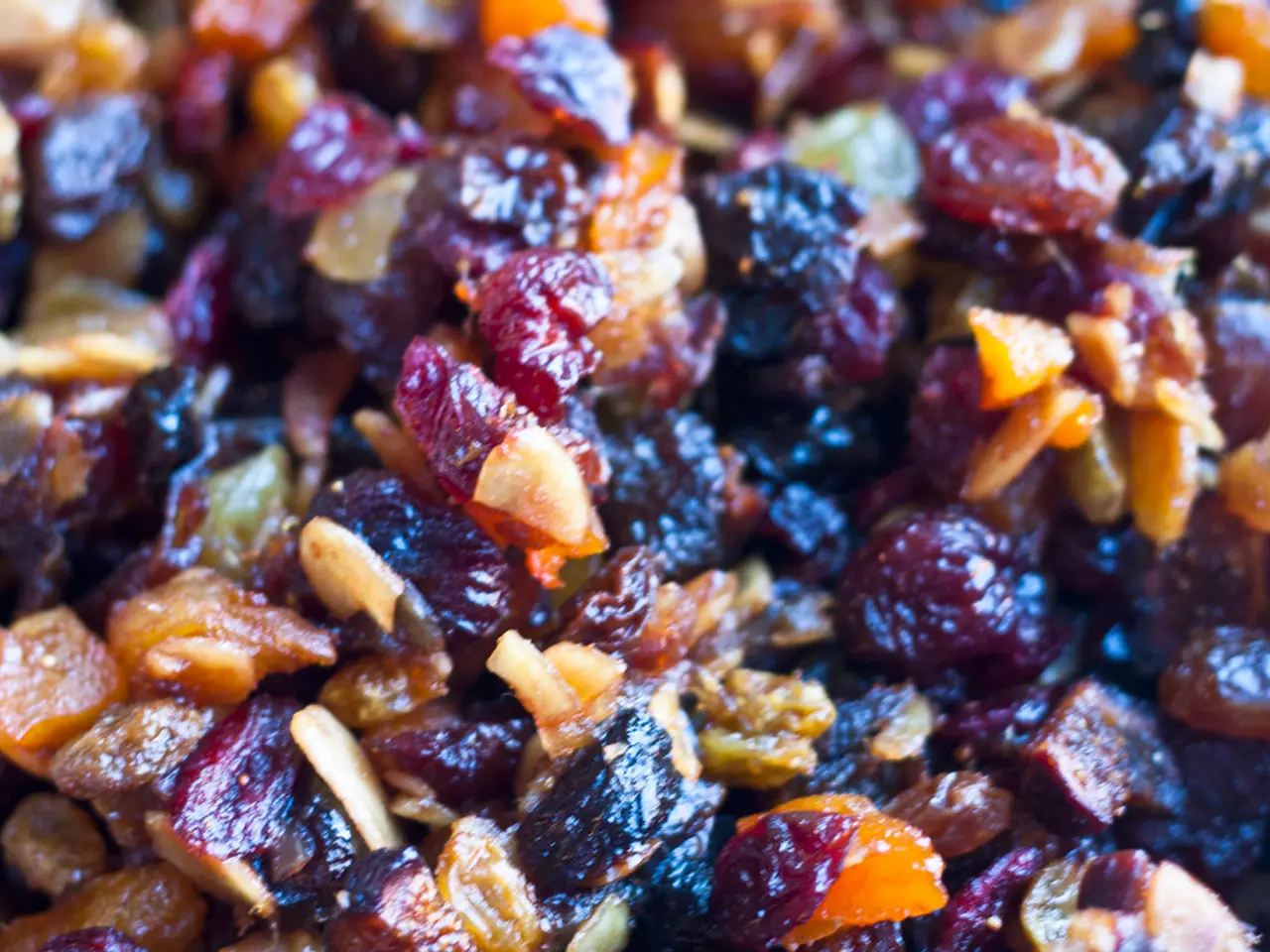Importance of Seasonal Ingredients in French Cuisine
In the world of French cuisine, the importance of fresh, seasonal produce cannot be overstated. This approach to cooking is not just a trend, but a fundamental principle that has been passed down through generations.
Using wine and cheese, along with herbs and butter, is pivotal in enhancing the flavors of traditional dishes. Wine's versatility allows for endless possibilities, elevating simple ingredients into authentic masterpieces, such as Coq au Vin or delicate reduction sauces. Cheese, on the other hand, holds a revered place, adding depth and richness to many dishes.
Cooking with the seasons lends a unique charm to every dish, making it an essential aspect of embracing the farm-to-table concept. Fresh, locally sourced ingredients are crucial for creating authentic French dishes. Visiting local markets to buy only what's seasonal supports local farmers and ensures authentic flavors.
Shallots, a fundamental ingredient, add rich and subtle flavors to dishes. Understanding flavour profiles is crucial in crafting balanced and harmonious dishes. Homemade stock offers unrivalled richness and authenticity compared to store-bought alternatives. Making stock involves simmering bones, vegetables, and aromatics to extract their flavours, resulting in a concentrated liquid.
French chefs take pride in harnessing the vibrant tastes of seasonal produce. This is evident in dishes like Ratatouille, a classic Provençal dish combining summer vegetables like eggplant, zucchini, bell peppers, tomatoes, onions, and garlic, slow-cooked with herbs to develop layered flavors that celebrate peak summer produce.
As we move into late summer and early fall, dishes like Leek Fondue with Seared Scallops and Roast Pork Tenderloin with Cherry Sauce come into play, balancing the sweetness of late summer produce with seafood and savory meat respectively.
In winter, dishes like Aioli served with steamed winter vegetables and potatoes, or the traditional le Grand Aioli meal, which blends the deep flavors of simple winter produce enhanced by flavorful garlic and olive oil sauce, reflect Provence's winter landscape and agricultural cycle.
Alain Ducasse’s seasonal vegetable "cookpot", first created in 1987, is a testament to this respect for seasonal produce. This dish showcases seven or more seasonal vegetables cooked together in refined ways, always celebrating the freshness and diversity of each season’s harvest.
In conclusion, French cuisine emphasizes using the freshest seasonal produce, with dishes that showcase the best vegetables and fruits depending on the time of year. This approach not only supports local farmers and promotes sustainable practices within French cooking, but also ensures that every dish celebrates fresh produce at its peak. By embracing seasonality, chefs create dishes that connect people to their roots and tell a story of dedication, creativity, and deep appreciation for nature's bounty.
- Adopting sustainable living practices in your kitchen can help you create healthier and more flavorful dishes, as advocated by the principle of French cuisine.
- For the connoisseurs of cooking and sustainable-living enthusiasts, understanding flavor profiles and using fresh, seasonal ingredients is a crucial part of the healthy-cooking lifestyle.
- With an increase in personal growth and education-and-self-development, more individuals are embracing farm-to-table cooking, choosing to use only locally sourced ingredients for their food-and-drink needs.
- Beyond cooking and fashion-and-beauty, individuals seeking a well-rounded lifestyle should recognize the importance of eating nutritious meals made from fresh, seasonal produce, which contributes to overall well-being and personal satisfaction.
- Travelers visiting Provence during the summer can indulge in Ratatouille, a classic Provençal dish that highlights seasonal vegetables, such as eggplant, zucchini, bell peppers, and tomatoes, allowing them to experience the region's culinary DNA during peak produce season.
- As the year progresses towards late summer and early fall, the kitchen takes on a new twist with dishes like Leek Fondue with Seared Scallops and Roast Pork Tenderloin with Cherry Sauce, as they showcase the sweetness of late summer produce while balancing it with savory ingredients.
- Learning about different cooking techniques, such as making homemade stock, is essential for developing your culinary skills and embracing the principles of the French lifestyle.
- During winter, Transform your home-and-garden into a cozy haven by preparing traditional dishes like Aioli served with steamed winter vegetables and potatoes, or the le Grand Aioli meal that blends rich garlic and olive oil sauce with hearty wintry produce.
- By supporting local farmers and choosing dishes that reflect the changing seasons, we can not only promote sustainability and healthy-cooking practices in our daily lives but also contribute to the food-and-drink culture and enhance our overall lifestyles.




